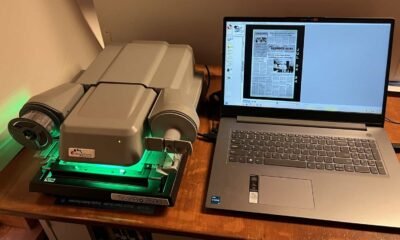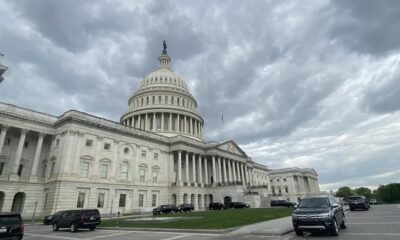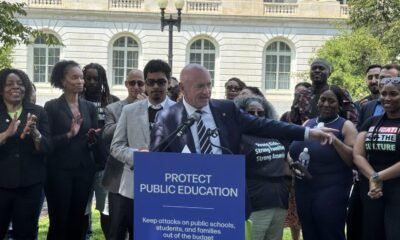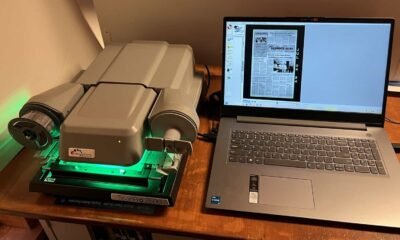Entertainment
Americans Rally for the Revival of Free Speech
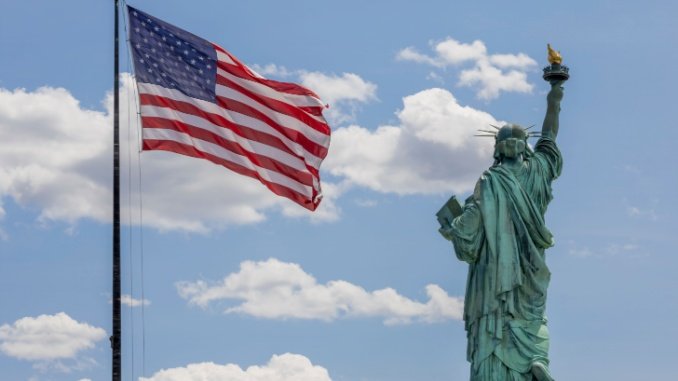
By Paul Parisi |
Free speech faces significant challenges in contemporary America. When government entities or social media platforms label content as “misinformation,” they inherently question the truthfulness of that information. This raises a critical question: who holds the authority to define truth? The capacity to categorize a statement as misinformation serves as a tool for stifling free expression, posing a grave threat to democracy.
Social media fact-checkers have become notorious for sidelining dissenting perspectives by branding them as misinformation. Such actions represent a direct assault on free speech. When governmental and media forces coalesce to control prevailing narratives, public opinion becomes a manipulated commodity, benefiting those in power. Consider this: federal officials maintain that the southern border remains secure, yet over 11 million individuals have entered the country illegally in a span of just three and a half years. That discrepancy is not merely misinformation; it amounts to a stark deception.
The integrity of our constitutional republic hinges on recognizing and rejecting the lies propagated by leaders and their media counterparts. Historically, similar deceptions were easily identified as propaganda, particularly during the Soviet era. Why is that same clarity elusive today?
Citizens have the right to demand transparency—the complete and unvarnished truth.
The concept of “misinformation” and “disinformation” traces its roots back to the Russian term dezinformatsiya, a tactic employed to distort public perception. Established by Joseph Stalin in 1923, the Special Office of Disinformation exemplified the extent of this manipulation. Propaganda served as a foundational tool for Soviet dominance, allowing the government to reshape history to match its ideological goals. Statues were dismantled, public holidays altered, and historical narratives rewritten to fortify current political agendas.
Many aspects of this historical manipulation echo in today’s America. Founding fathers are increasingly criticized, monuments are removed, and holidays like Columbus Day now invite controversy. Furthermore, new commemorative days emerge, altering the established narrative. Changing school names reflects a broader disdain for historical figures associated with the nation’s past. As George Orwell aptly noted, “Who controls the past controls the future; who controls the present controls the past.”
The Soviet regime wielded propaganda to fracture societies and cultivate class division, maintaining its totalitarian grip. Are comparable strategies currently at play in America, disguised as efforts to battle misinformation? Once, the truth stood as a fundamental American ideal; the emblematic story of young George Washington claiming, “I cannot tell a lie,” serves as a testament to that principle. Nowadays, however, manipulation and deceit appear to serve those in power.
The call for authenticity resonates louder than ever. The American public deserves leadership that honors the truth and does not wield misinformation as a weapon for political gain. It is essential to advocate for the unfiltered truth—now more than ever.
Paul Parisi is the Arizona Grassroots Director for Our America.


